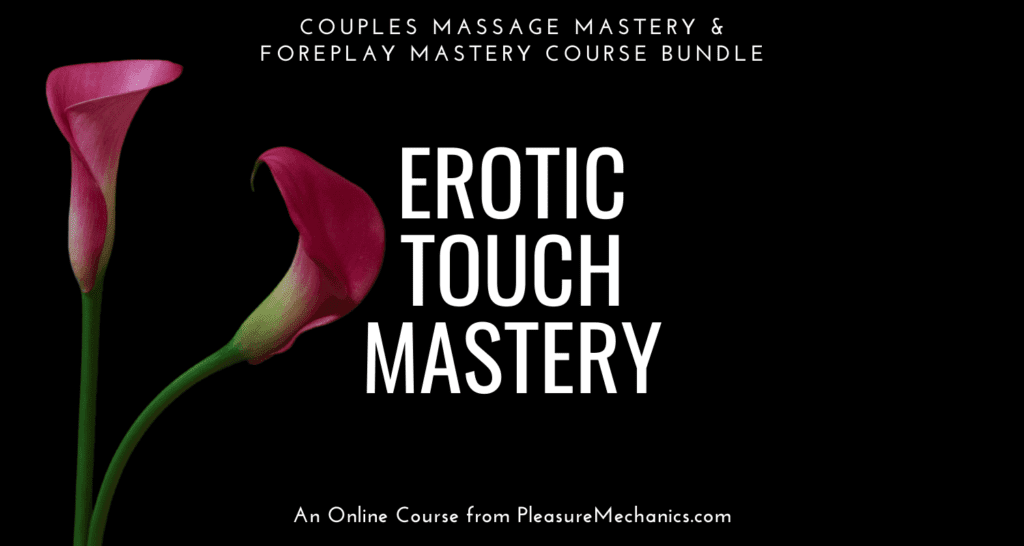Podcast: Play in new window | Download

What are your deepest yearnings? What horizons do you achingly long for? What do you want to experience in this one precious life?
Recently inspired by Ariel in the new The Little Mermaid, this episode is an anthem to the power of desire. We all have deep desires that we hide away from those we love. Sometimes, we hide our most precious treasures in the dark to keep them safe. In this Speaking of Sex podcast episode, we give you permission to start feeling into your buried desires, and the tools to start asking for more of what you want.
Listen on iTunes, on Spotify or just search “Pleasure Mechanics” on your favorite podcast app.
Thanks to our episode sponsors for being part of our global team of Pleasure Partners:
- Tap into your erotic imagination with DipseaStories – explore the library of audio erotica, sultry soundscapes and stimulating stories with a FREE 30 day trial at DipseaStories.com/Pleasure





